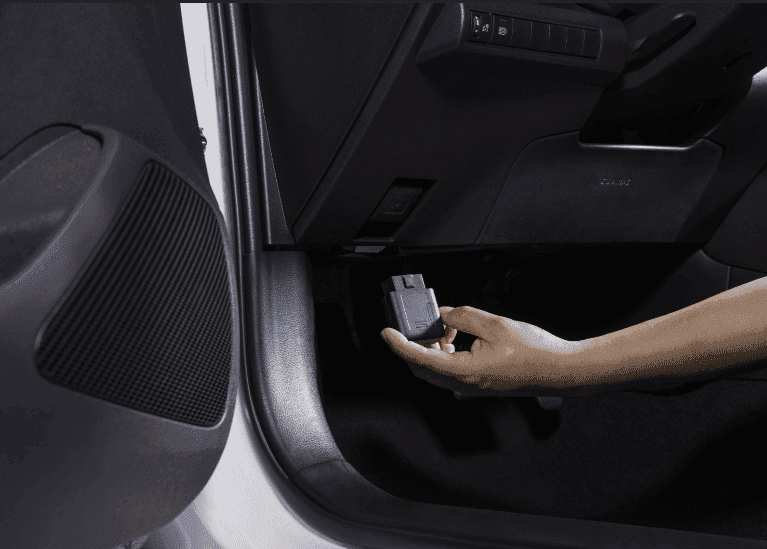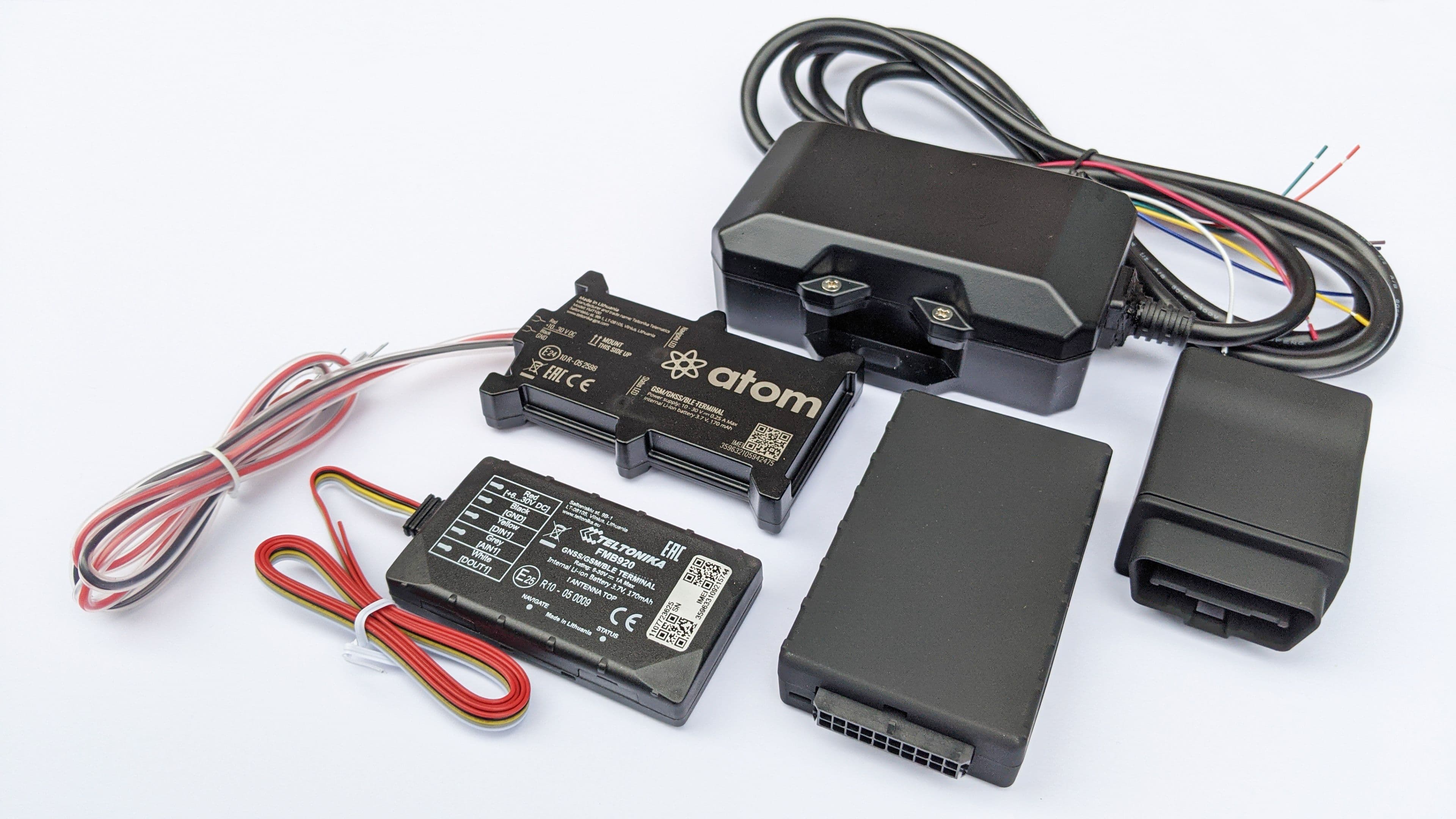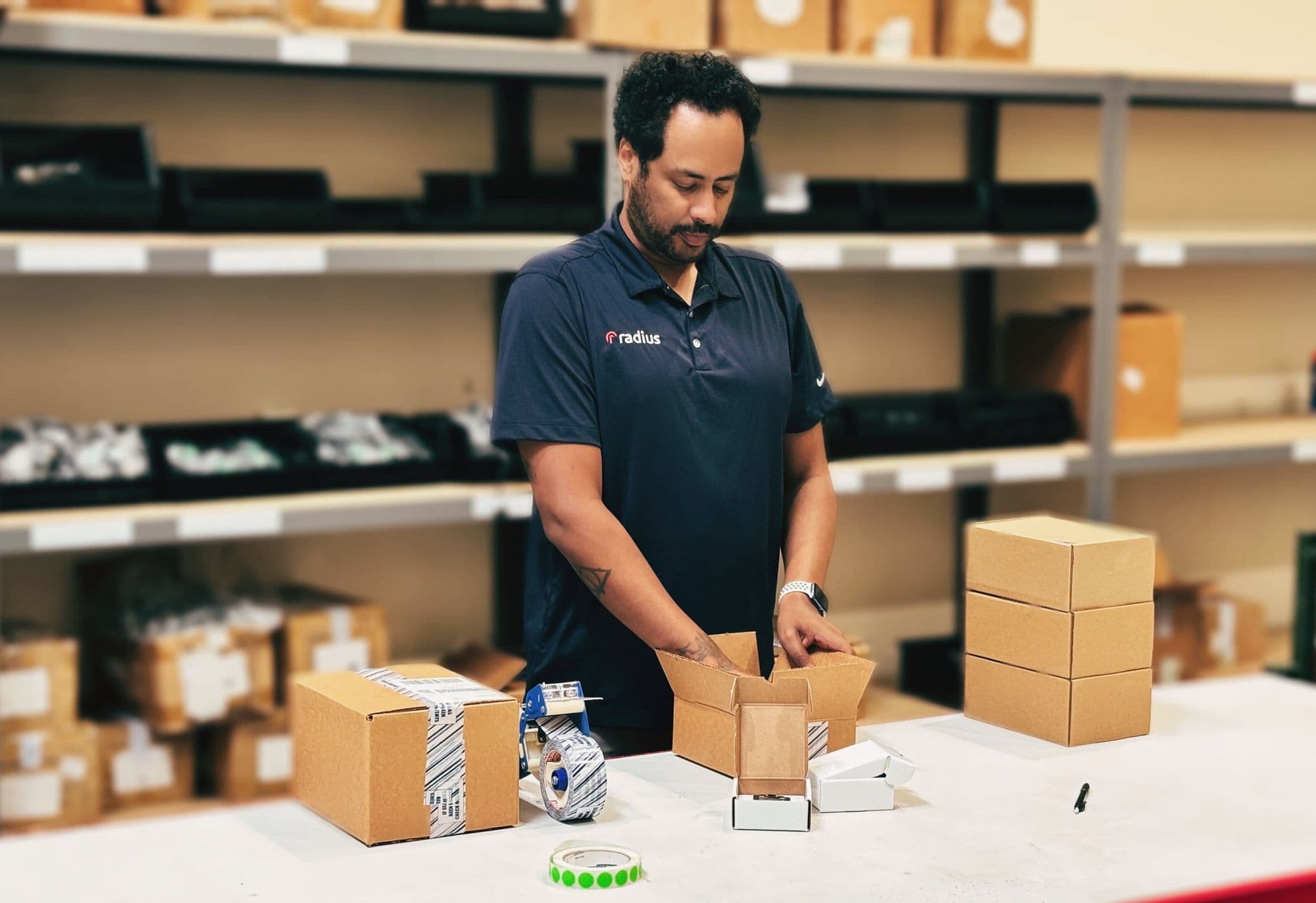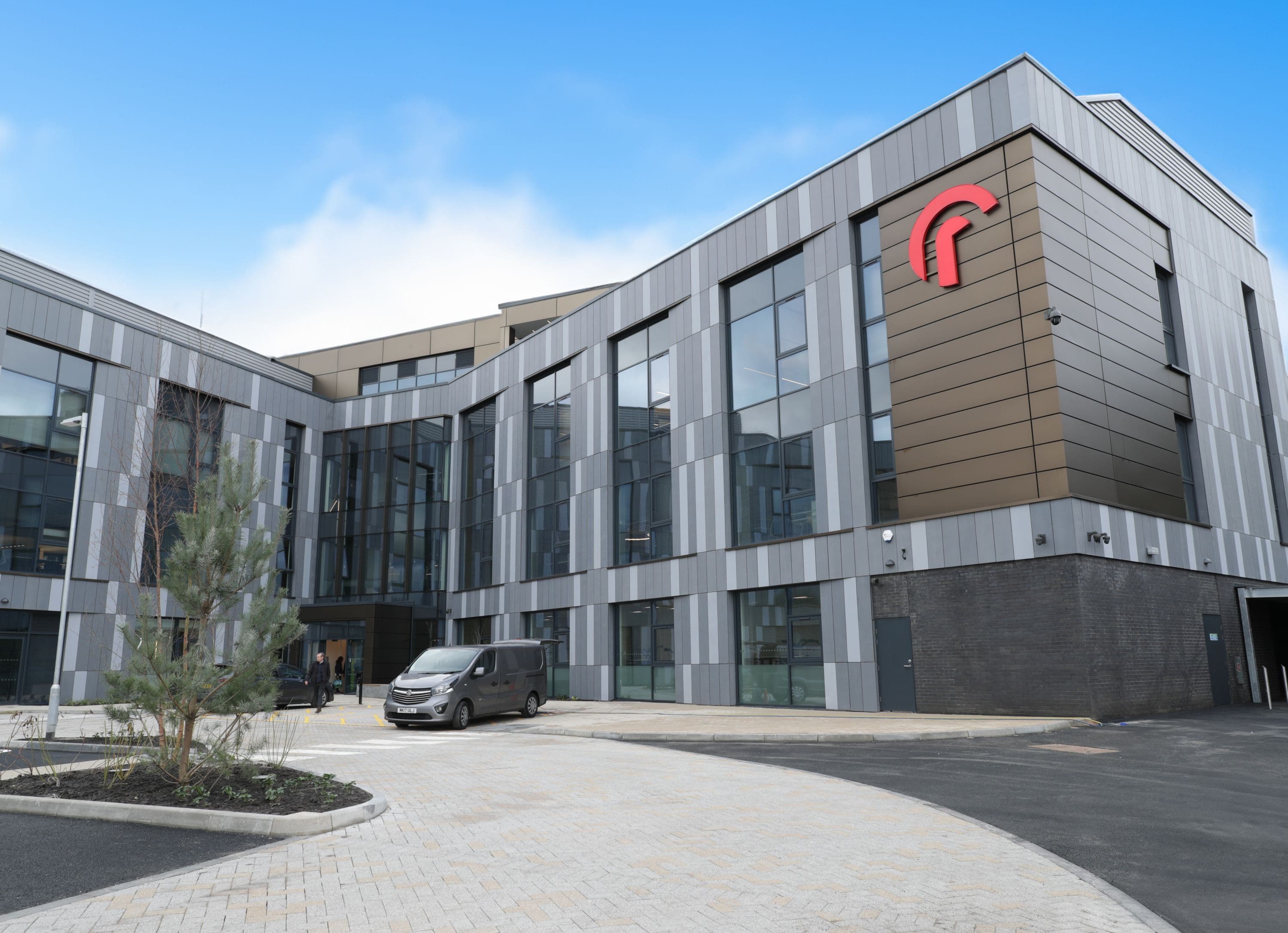- Home
- Telematics
- Telematics control unit
What is a telematics control unit?
Track and transfer real-time vehicle data
Enhance fleet management capabilities
Optimize maintenance and performance

Telematics control unit meaning
A telematics control unit (TCU) is a device that collects and transmits vehicle data. Telematics combines data transfer with informatics, enabling data to travel long distances. A control unit manages tasks within a system, such as monitoring engine functions.
A telematics control unit collects vehicle data and sends it to a central platform. Telematics technology allows real-time tracking of vehicle performance, location and driver behavior.
The TCU offers real-time updates, allowing you to identify potential issues and prevent expensive breakdowns quickly. You can monitor all your vehicles simultaneously to ensure drivers follow safe practices and minimize downtime. Over time, this leads to fewer repairs, improved driving behavior, increased profits and higher customer satisfaction.

Telematics control unit architecture
A telematics control unit comprises several hardware and software components that collect, process and transmit vehicle data. Each part plays a role in ensuring reliable, real-time tracking and communication.
- GPS module: Tracks the vehicle's location using satellites.
- Cellular modem and antennas: Send and receive data over cellular, GPS, Wi-Fi, or Bluetooth networks.
- Microcontroller or processor: Run software that processes data, manages reporting and executes remote commands.
- Memory: Stores data temporarily when the system loses a stable connection.
- Interface to vehicle systems: Reads critical data such as engine speed, battery status and fault codes.
- Sensors: Monitor vehicle conditions like fuel consumption, tire pressure and seatbelt usage.
- Power management unit: Regulates electricity supply to ensure stable performance.
- Security module: Prevents unauthorized access to vehicle data.
- Fleet management dashboard: Displays real-time data insights for fleet managers.

How does a TCU work?
The telematics control unit function covers five main tasks:
- Data collection: The TCU gathers data from sensors that monitor speed, engine temperature, fuel consumption and other performance indicators.
- Data processing: After collecting data, the TCU processes and optimizes it before sending it to remote servers.
- Wireless communication: The TCU transmits data using cellular networks or satellite connections. This real-time transfer makes it easy to see vehicle status at any moment.
- Two-way communication: The unit can also receive remote commands. You can turn off a stolen vehicle or adjust specific settings without being on-site.
- Integration with external platforms: The TCU connects with fleet management software. These programs turn numbers into charts or alerts, helping you make fast, data-driven decisions.
Understanding these functions lets you see how a telematics control unit boosts your fleet’s efficiency. You can gather real-time insights into performance, act quickly on problems and maintain smoother operations.

Why a telematics control unit matters for fleet managers
Fleet managers coordinate driver schedules, maintain vehicles and ensure timely deliveries. A TCU simplifies these tasks by providing real-time vehicle location, speed and condition data. This enables efficient route planning and quick responses to issues while offering insights into driver behavior.
Running a fleet in the U.S. comes with challenges like high fuel costs and driver shortages. A TCU helps save fuel by reducing idling time and finding better routes. It also ensures that records meet regulations with accurate electronic logging device ELD entries. Overall, telematics systems aid in reducing downtime and optimizing asset use.

Benefits for US fleet managers
Cost savings
Tracking fuel use and reducing idle time saves money. You can also identify underused vehicles and reassign them for better ROI.
Improved safety
Monitoring driver behavior helps you correct speeding or harsh braking habits. Over time, this prevents accidents and lowers insurance costs.
Regulatory compliance
Telematics data supports accurate record-keeping for regulations like ELD and other safety standards.
Scalability
Adding new vehicles is simple. You install a TCU in each and see the data on the same dashboard.
Predictive maintenance
Telematics units spot engine or battery issues early. Fixing them fast helps avoid breakdowns and lowers costs.
Enhanced emergency response
TCUs send crash data and location to emergency services. This speeds up help and keeps drivers safer.
Common applications of telematics control units
Telematics control units appear in many settings to improve vehicle management and safety:
Fleet management
Real-time data helps with route planning, resource allocation and routine maintenance.
Insurance
Some insurers offer usage-based plans that reward safe driving, tracked by telematics data.
Logistics
TCUs make it possible to optimize delivery schedules and keep customers informed about their shipments.
Emergency services
In some setups, a TCU can help first responders locate vehicles and provide assistance faster.
Implementing telematics in your fleet
Select a provider
Choose a company like Radius Telematics, which has proven solutions for fleets of all sizes.
Install the devices
Connect the TCU device to the vehicle’s OBD port or securely mount it inside.
Configure your software
Your provider gives you access to a portal or app to manage your entire fleet from one place.
Train your team
Provide training for train drivers and dispatchers to ensure they can operate the system efficiently.
Review your data
Use the insights you gather to make decisions. If you see patterns like high fuel consumption, schedule maintenance, or change routes.
Telematics control units from Radius
Radius is a leading provider of telematics solutions, helping businesses manage their vehicle network effectively. We create and install telematics control units that give you real-time data, ensuring dependable performance and accurate information.
Our durable telematics control units provide live tracking capabilities, helpful analytics and expert support. Our services can also help you reduce fuel costs, downtime and vehicle safety.

Frequently asked questions
Can’t find an answer to your question? Talk to the Radius customer support team at 888-278-9781. We’re here to help you with any questions or concerns.
How can a TCU increase your application security?
How does a TCU establish an internet connection?
What types of data does a TCU collect from a vehicle?
Can users install a TCU themselves, or is professional installation required?
Partnership
Why choose Radius?
Radius offers telematics control unit (TCU) solutions to improve fleet efficiency and security. Our systems provide remote diagnostics, real-time tracking and proactive maintenance. These features enhance safety and optimize performance. By using our telematics control module, businesses can reduce fuel consumption and streamline operations, benefiting from technology built for reliability.


